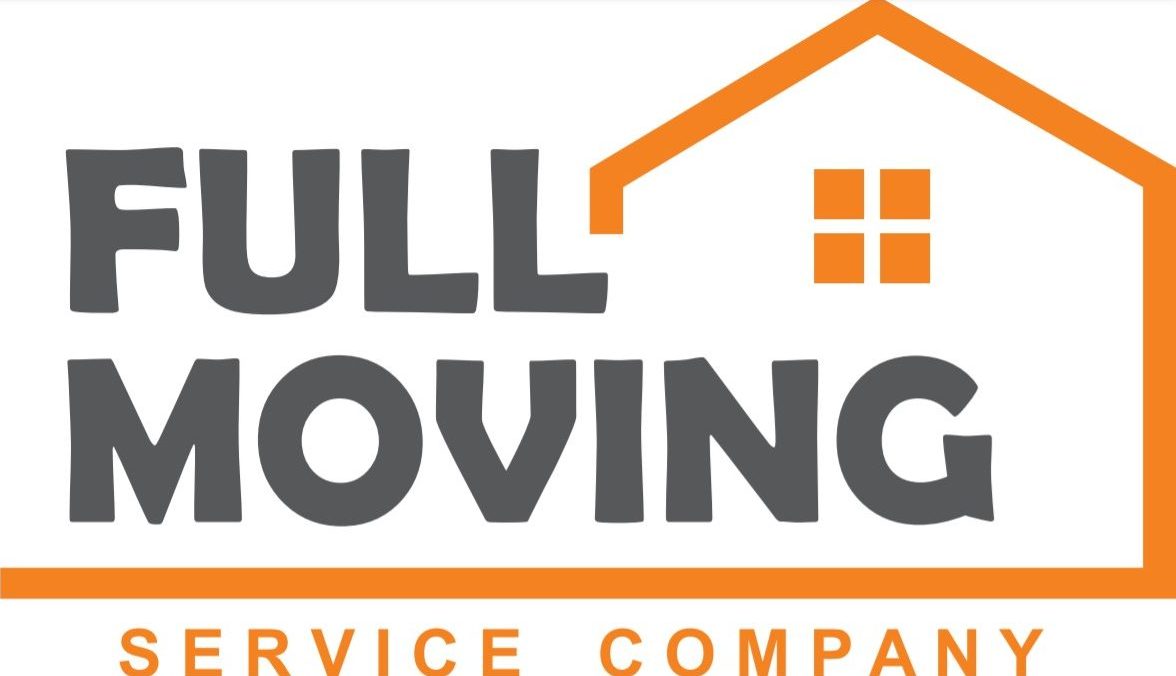- Basic mover’s liability coverage offers minimal protection based on weight, not value.
- Valuation coverage allows you to declare the value of your goods for greater protection.
- Understanding the different valuation options is crucial for safeguarding your belongings during a move.
Moving your belongings involves inherent risks, and while professional movers take precautions, accidents can happen. Understanding the insurance and valuation options provided by moving companies is essential to protect your possessions during transit. This guide will clarify the different levels of coverage available and help you make informed decisions about safeguarding your valuable items during your relocation.
Basic Mover’s Liability: Released Value Protection
By federal law, licensed interstate movers are required to offer a basic level of liability coverage, often referred to as “Released Value Protection.” This option is usually provided at no additional cost. However, it’s important to understand its limitations. Released Value Protection covers loss or damage to your items based on their weight, typically at a rate of around 60 cents per pound per article. This means that if a valuable but lightweight item is lost or damaged, the reimbursement you receive will likely be minimal, far less than its actual value.
Enhanced Protection: Declared Value Coverage
For more comprehensive protection, moving companies offer various “Declared Value” coverage options. These options allow you to declare the value of your entire shipment and, in the event of loss or damage, receive compensation up to that declared amount, subject to the terms and conditions of the specific plan. There are typically different tiers of declared value coverage available, often with varying costs. You might be required to complete a detailed inventory of your high-value items when opting for this type of protection.
Choosing the Right Coverage: Assessing Your Needs
Selecting the appropriate level of moving insurance or valuation depends on the value of your belongings and your risk tolerance. Consider creating a detailed inventory of your possessions and estimating their worth. For items of significant monetary or sentimental value, basic Released Value Protection is likely insufficient. Exploring the different Declared Value options will provide greater financial security in case of unforeseen circumstances. Carefully review the terms, conditions, and deductibles associated with each coverage plan before making your decision. Don’t hesitate to ask your moving company for clarification on any aspects you don’t fully understand.
Protecting your belongings during a move is a wise investment in peace of mind. Let FullMoving.net provide you with transparent information on our valuation options and ensure your possessions are handled with the utmost care, giving you confidence throughout your relocation journey.


